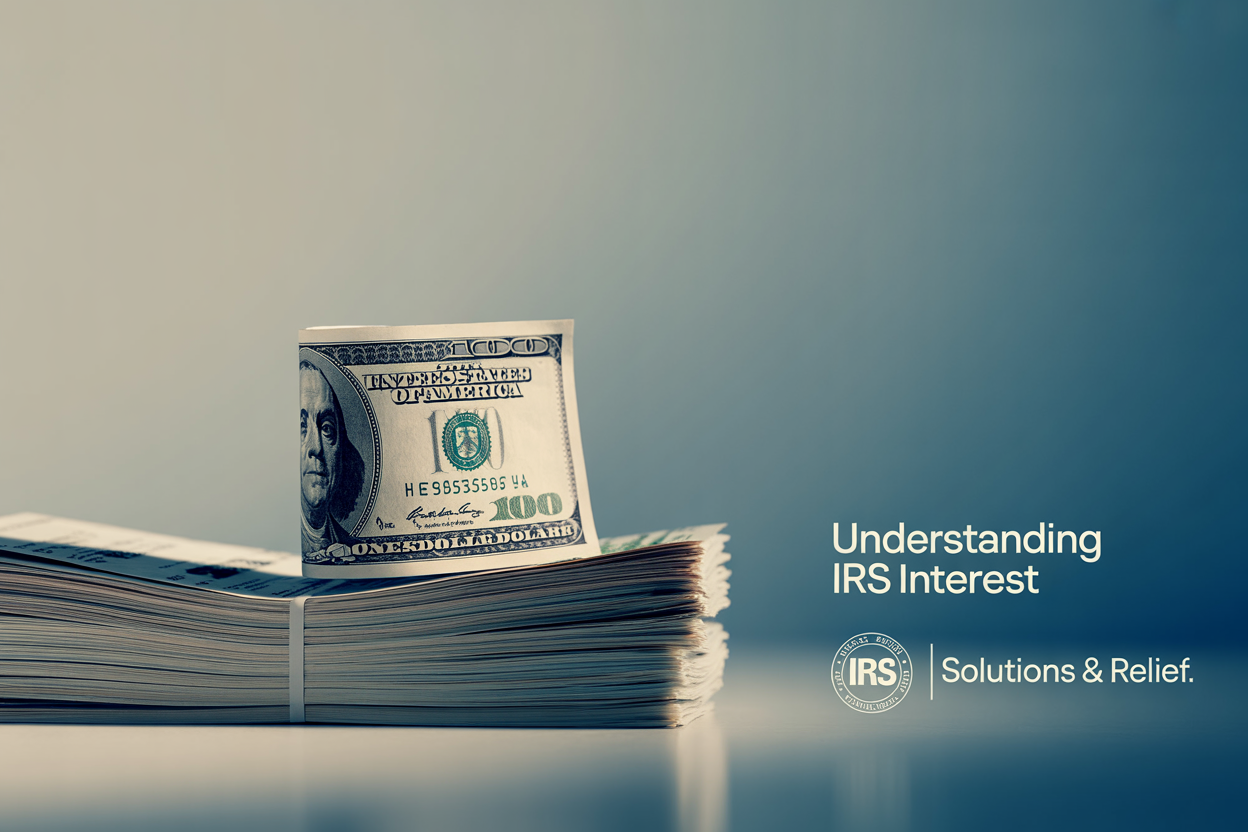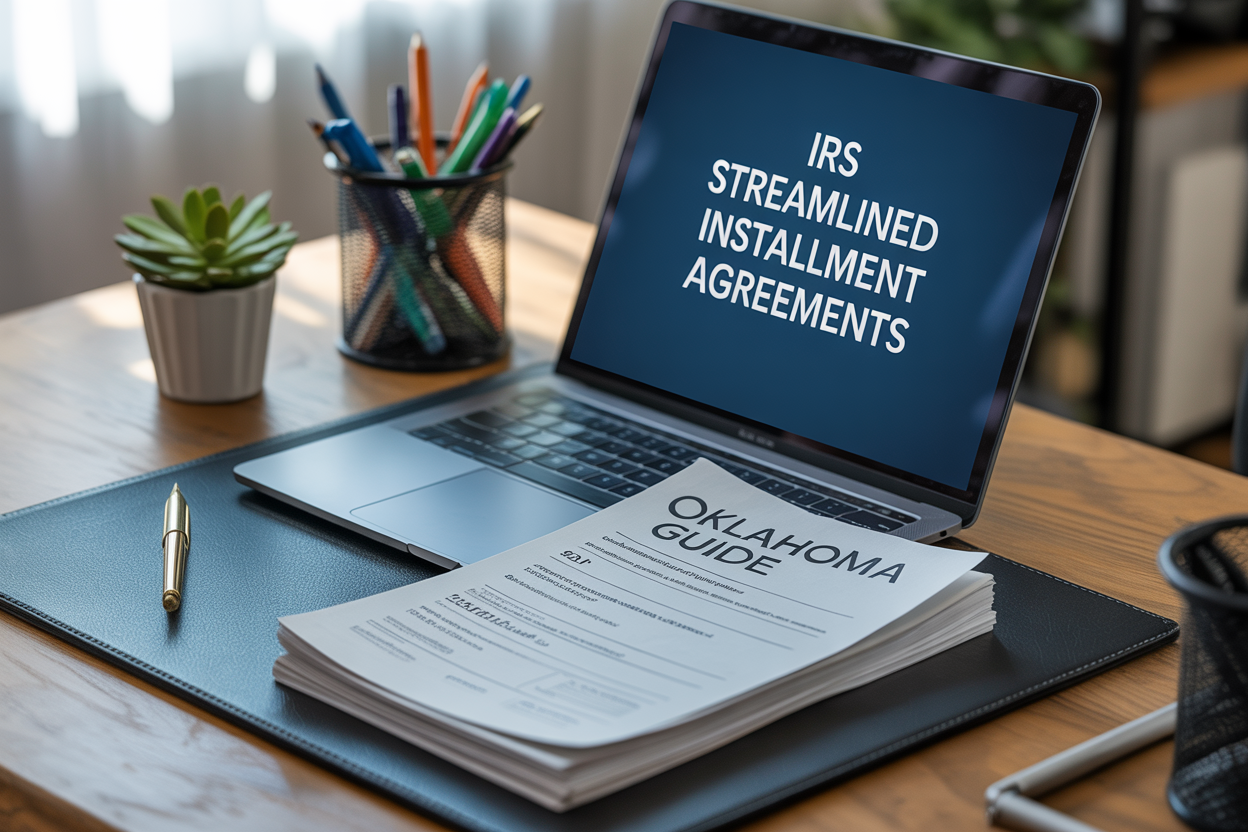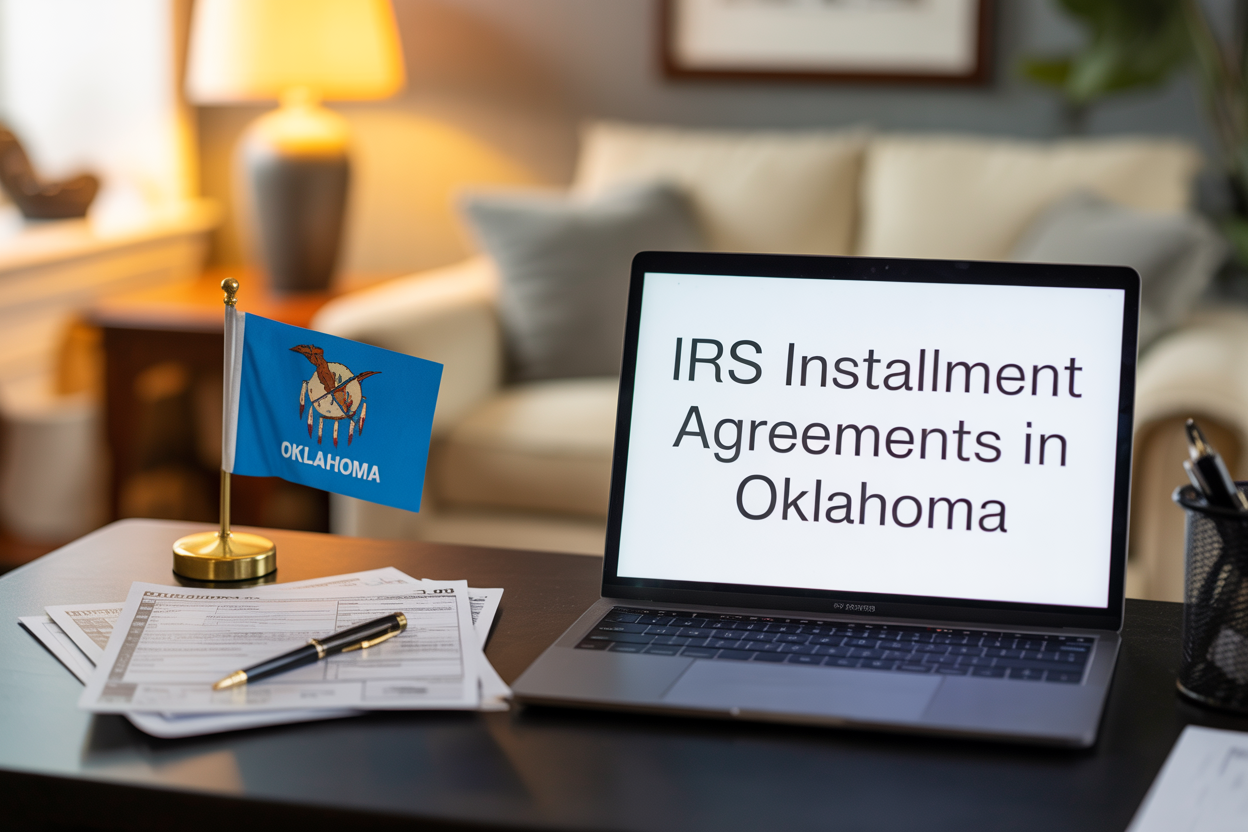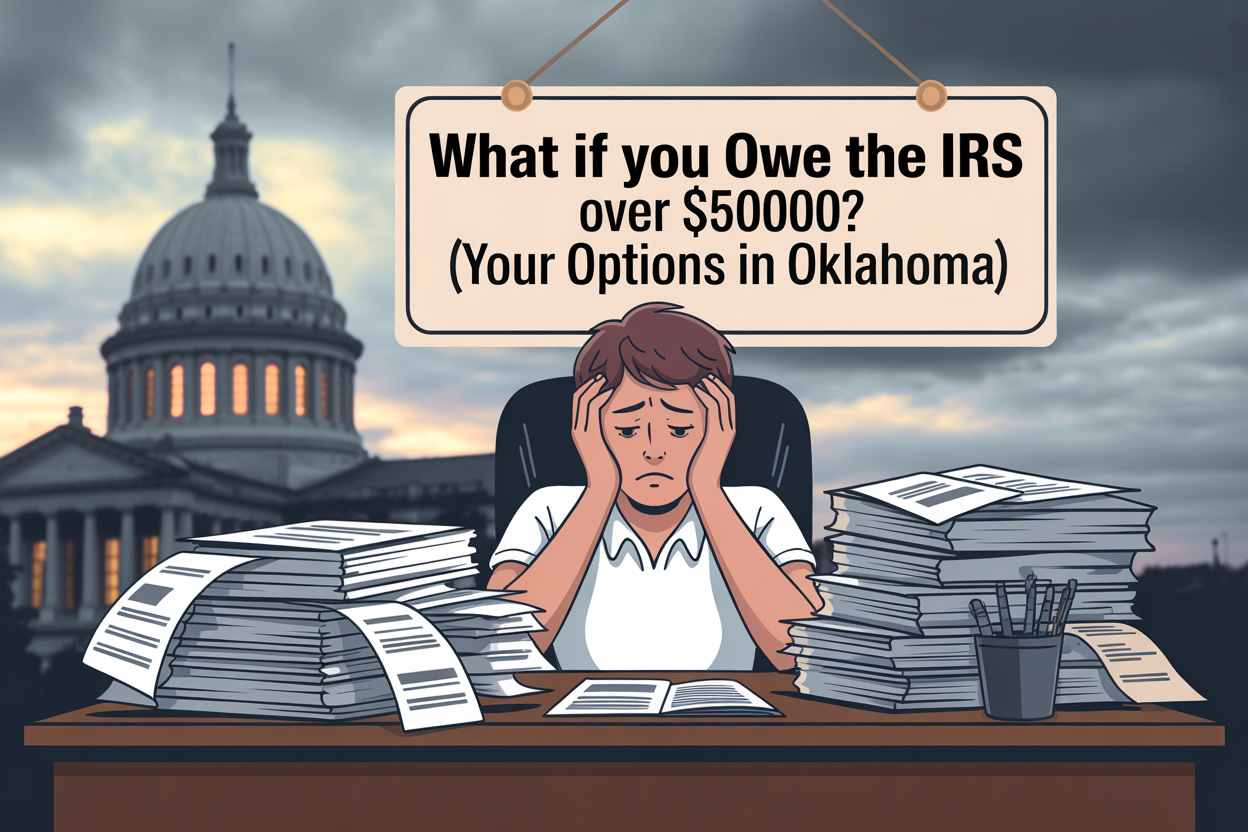IRS Interest Charges – What They Are and When You Can Reduce Them

When you owe back taxes, the IRS doesn’t just wait patiently — they charge interest every single day your balance remains unpaid.
And if you're already stressed about the amount you owe, interest charges can make things feel impossible.
At Boulanger CPA, we help Oklahoma taxpayers understand how IRS interest works — and when it can be reduced or removed.
What Is IRS Interest?
IRS interest is the cost of owing money to the government.
It’s calculated daily and compounds over time, based on:
- The
federal short-term rate plus 3%
- Accrual from the
original due date of the return (not when the IRS sends a notice)
So if you filed late or didn’t pay on time, interest has been building from Day 1 — not from when you found out.
When Does the IRS Charge Interest?
Interest is added to:
- Unpaid tax balances
- Penalties
- Adjustments after audits or CP2000 notices
- Late payment plans
Even if you set up a payment plan, the interest doesn’t stop — it continues to accrue until the balance is paid in full.
Can IRS Interest Be Removed?
Here’s the short answer:
No — not directly.
But yes — in certain cases.
The IRS rarely removes interest unless one of the following applies:
1. You successfully remove the penalty
If a penalty is abated or reduced, the
interest on that penalty is also removed.
2. The IRS made a mistake
If the IRS caused an unreasonable delay or incorrect action, you may qualify for
interest abatement due to IRS error (very rare).
IRS Interest vs. Penalty — What’s the Difference?
- Penalty = A charge for not filing or paying on time
- Interest = Daily compounding charge on what you owe
Example:
- Owe $10,000
- Fail to file and pay
- Get hit with a $2,500 penalty
- IRS charges interest on both the $10,000 AND the $2,500
Real Example: Penalty Reduced, Interest Lowered
Client: Retail business owner in Moore, OK
- Owed $18,000 with $3,700 in penalties and interest
- We requested First-Time Abatement for penalties
- IRS approved, and interest dropped by $780 as a result
How to Reduce Interest (Indirectly)
To reduce interest, you must either:
- Eliminate the underlying penalty, or
- Pay your balance faster
Other strategies include:
- Offer in Compromise — If accepted, the remaining balance (and interest) is forgiven
- Penalty Abatement — Reduces both penalty and related interest
- Payoff acceleration — We help structure aggressive payoff timelines to save on interest
Need Help Understanding Your IRS Balance?
Many clients don’t realize how much of their IRS balance is interest. We can pull your transcript and show:
- Principal tax due
- Penalties
- Interest (by year)
- Collection dates and expiration timelines
📞 Call
(405) 384-4900
📅
Schedule your tax relief review
FAQ
How is IRS interest calculated?
Interest is based on the federal short-term rate plus 3%, compounded daily. It starts from the original due date of your return.
Can the IRS remove interest?
Not directly. But if penalties are removed, the interest tied to those penalties may also be reduced.
Does interest stop if I’m on a payment plan?
No. Interest continues to accrue even if you are making monthly payments through an installment agreement.
Can I settle the interest through an Offer in Compromise?
Yes. An accepted OIC settles all taxes, penalties, and interest included in the agreement.
✍️ About the Author
Marc Boulanger, CPA, is the founder of Boulanger CPA and Consulting PC, a CPA firm based in Oklahoma City, OK.
Marc is the author of Oklahoma Taxpayers' Guide: Taking a Stand Against the IRS and has resolved hundreds of complex federal and state tax cases.
With over a decade of experience in IRS and OTC representation, Marc helps Oklahomans navigate high-stakes tax problems with clear strategy and calm expertise.
He is a Certified Tax Representation Consultant and a member of the American Society of Tax Problem Solvers (ASTPS).
📍 Office: Oklahoma City, OK | 📞 (405) 384-4900 | 🌐 www.oklahomacity.cpa










